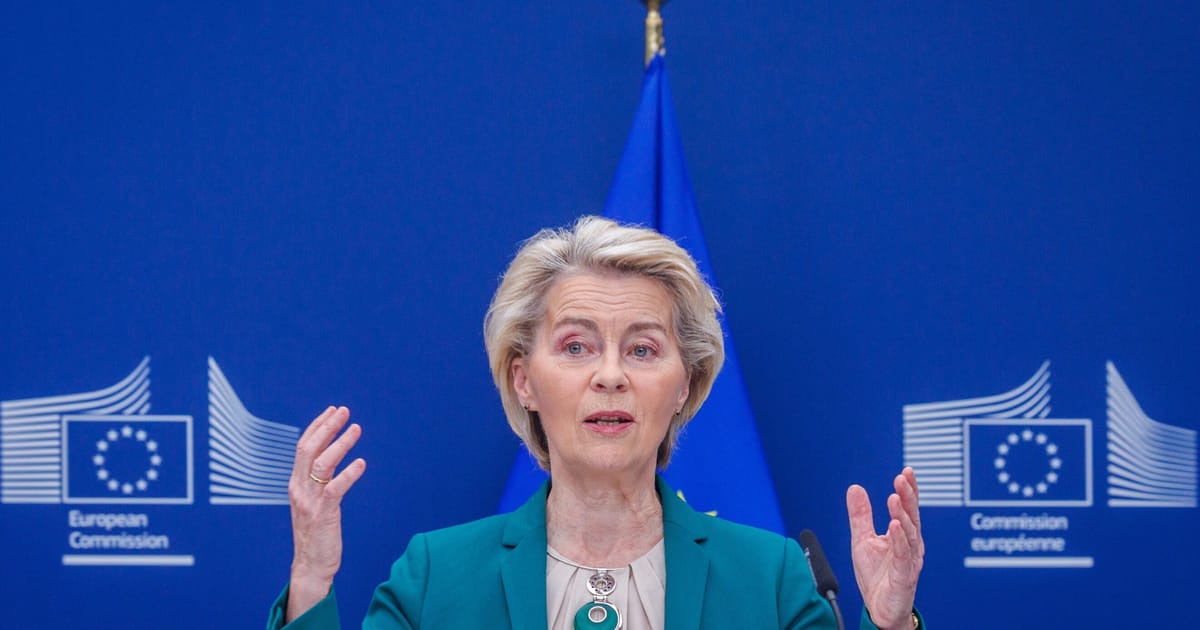

In a world characterized by rapid changes and challenges, recent developments in the European Union, United States, China, and Australia reflect both the ambition and the necessity of nations to navigate complexities with strategic collaborations and fiscal prudence. The following captures these evolving scenarios, offering a tranquil perspective on these unfolding events.
The European Union is actively engaged in refining its budgetary framework, with discussions over a proposed €1.717 trillion budget for the upcoming seven years. This figure marks a substantial increase from the previous €1.2 trillion, underscoring the EU’s commitment to bolstering its financial capacity to address emergent priorities across the continent. While these discussions are still ongoing, there is optimism that the EU’s financial strategy will support significant economic growth and stability. With a formal announcement expected soon, this budgetary decision exemplifies the EU’s proactive stance on balancing immediate needs with long-term aspirations.
Across the Atlantic, President Donald Trump has finalized an agreement with NATO allies, aimed at significantly enhancing Ukraine’s defense capabilities amidst ongoing tensions with Russia. This development signals a robust transatlantic alliance, as the United States, together with European partners, prepares to supply substantial military equipment, such as Patriot missile systems, to Ukraine. The cooperative spirit is further echoed by the EU’s call for a shared financial burden in bolstering Ukraine’s defense infrastructure, emphasizing the unity and mutual responsibility among international allies. As part of these strategic defense initiatives, the US has communicated a stern warning to Russia regarding the imposition of severe sanctions, should peaceful resolutions remain elusive.
In another proactive fiscal move, Germany has received approval from the EU for its expansive spending plan, targeting critical areas such as infrastructure, security, and military enhancements. This plan is part of Germany’s strategic vision to rapidly strengthen its domestic and regional resilience, laying the foundation for sustainable economic progress and national security. By focusing on infrastructure and defense, Germany positions itself as a pivotal player in fortifying the EU’s collective security and economic robustness.
Meanwhile, in the Asia-Pacific region, diplomatic dialogues between China and Australia signal a promising continuity in bilateral relations. During recent talks, China’s President Xi Jinping and Australia’s Prime Minister Anthony Albanese reiterated their commitment to fostering cooperation, despite broader geopolitical tensions. This engagement follows a minor diplomatic incident involving Australian journalists, underscoring the delicate balance of diplomacy in international relations. The leaders have resolved to pursue mutual goals, leveraging shared interests and addressing differences with an unswerving dedication to stability and prosperity. This diplomatic effort highlights the significance of dialogue in bridging gaps and fostering enduring partnerships.
As these global events unfold, they collectively paint a picture of a world striving for unity amid uncertainty. From budgetary negotiations in Europe to defense collaborations across the Atlantic and constructive diplomacy in the Pacific, nations are not only addressing present challenges but also laying the groundwork for a secure and prosperous future. By embracing dialogic solutions and collaborative endeavors, the global community moves toward a more interconnected and harmonious existence, underscoring the power of unity in diversity.
Source: {link}
